Bad Clutch Sound – Causes, Risks and Quick Fixes
If you’re hearing a strange noise every time you shift gears, you’re not alone. A bad clutch sound can mean anything from a worn disc to a damaged release bearing. Ignoring it may lead to costly repairs or even leave you stranded. Below we break down the most common reasons for the noise, what the symptoms tell you, and how to act fast.
Common Reasons for a Bad Clutch Sound
First, identify the type of noise. A high‑pitched squeal usually points to a slipping clutch or a worn pressure plate. A grinding growl when you let out the clutch often means the clutch disc is worn down and the flywheel is contacting the backing plate. If the sound only appears when you press the pedal, the release (or throw‑out) bearing could be failing.
Other culprits include a contaminated clutch surface – oil or grease can cause the disc to slip and make a wet, squeaky sound. Driving habits matter too; riding the clutch or constantly stop‑and‑go in heavy traffic speeds up wear. Even a loose hydraulic line or low fluid can create odd noises because the clutch isn’t disengaging fully.
What to Do When Your Clutch Starts Talking
Start with a quick visual check. Look under the car for any fluid leaks around the clutch housing. If you have a manual transmission, press the clutch pedal and feel for any spongy or gritty movement. A firm pedal that doesn’t reach the floor could indicate a hydraulic issue, while a soft pedal often signals air in the system.
If the pedal feels normal but the noise persists, it’s time to test drive safely. Notice when the sound starts – is it during launch, while shifting, or only at higher RPMs? Jot down the pattern; it helps a mechanic zero in on the problem.
When you’re ready to act, consider these steps:
- Check the clutch fluid: Top up or bleed the system if the level is low.
- Inspect the release bearing: A grinding sound that stops when the pedal is released often means the bearing needs replacement.
- Look at the clutch disc: Visible wear or glazing requires a new disc and possibly a resurfaced flywheel.
- Evaluate driving style: Avoid resting your foot on the pedal and shift smoothly to extend clutch life.
If any of these checks point to a worn part, book an appointment with a trusted garage. At Northwich Tyres Centre we can diagnose clutch issues, replace discs, bearings, or complete clutch kits, and get you back on the road without breaking the bank.
Remember, a noisy clutch won’t fix itself. Early detection saves money and prevents a situation where you can’t shift at all. Keep an ear out, watch for changes, and act before the problem escalates.
Got a bad clutch sound and need help? Bring the car in for a free noise check. Our technicians will tell you what’s wrong, give a clear price, and show you the best repair option. Drive safely and keep your clutch quiet.
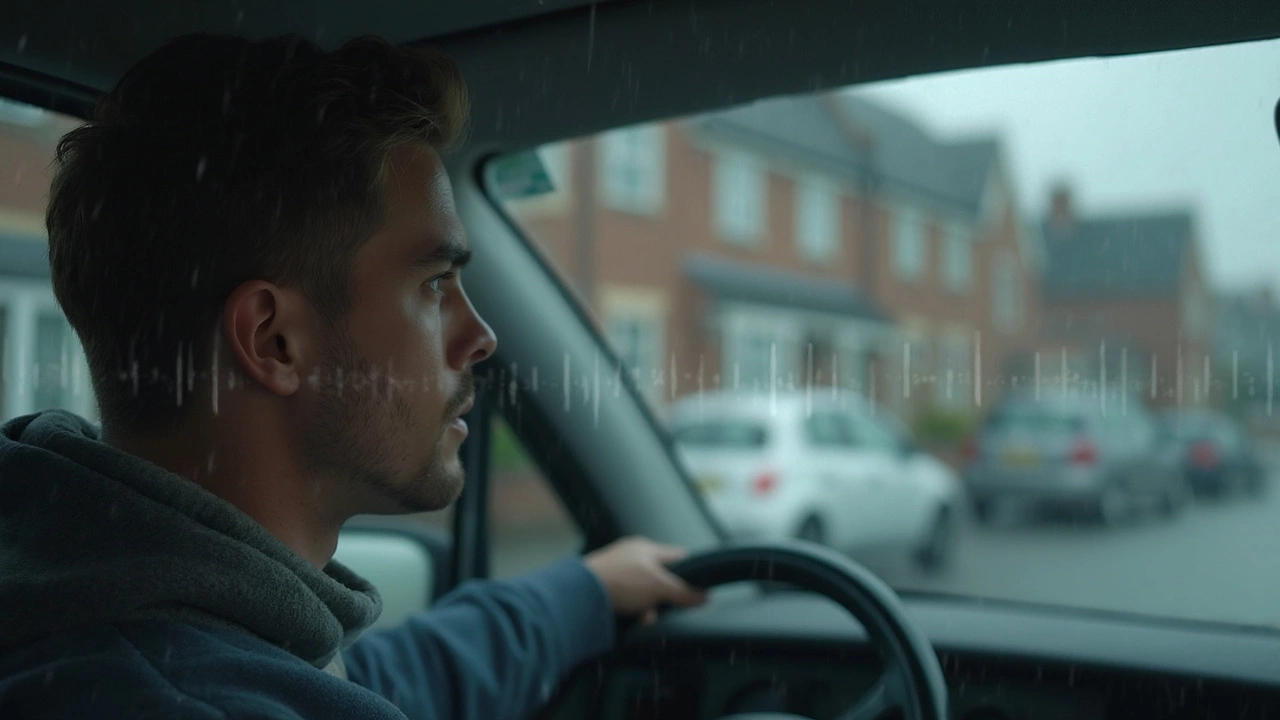 5 June 2025
5 June 2025
Bad Clutch Sounds: What to Listen for Before It's Too Late
Spotting a bad clutch by its sound can save you from bigger headaches down the road. In this article, you’ll find out what noises signal clutch trouble and why these sounds happen in the first place. You’ll learn the difference between normal clutch noises and the warning signs of serious problems. Get real-world tips on how to catch issues early and what to do next if you hear these sounds. Listening to your clutch now could mean less money spent later.
Latest Posts
Tags
- car maintenance
- engine oil
- spark plugs
- brake pads
- engine performance
- vehicle maintenance
- spark plug replacement
- windshield wipers
- fuel pump
- suspension parts
- clutch replacement
- oil change
- clutch kit
- car suspension
- car performance
- air filters
- car radiator
- exhaust systems
- fuel pump replacement
- engine misfire

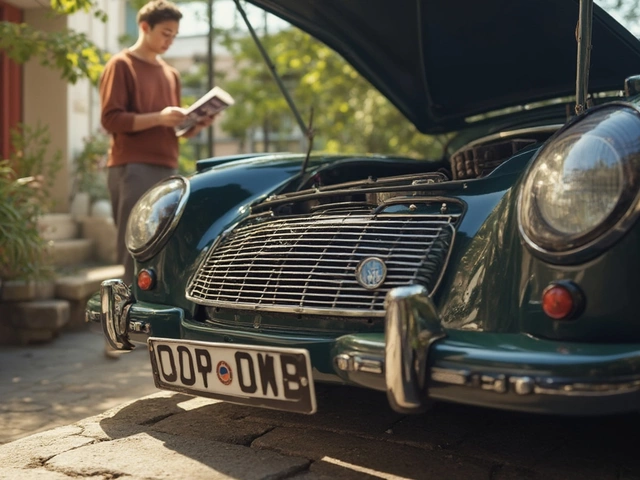
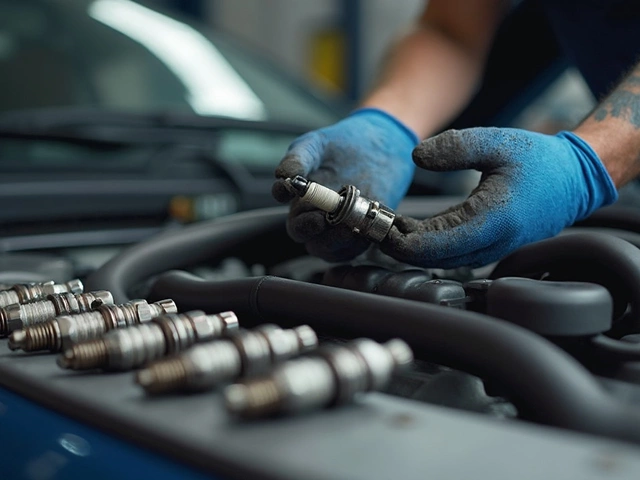
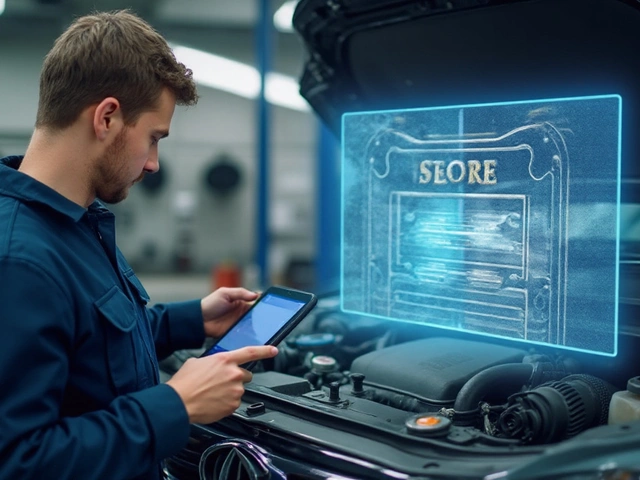
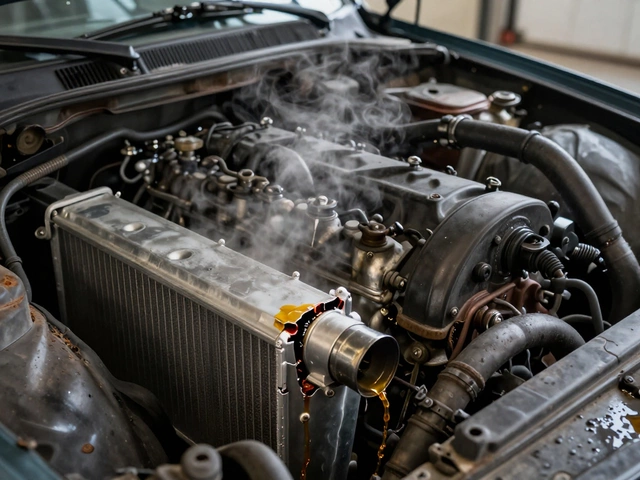

0